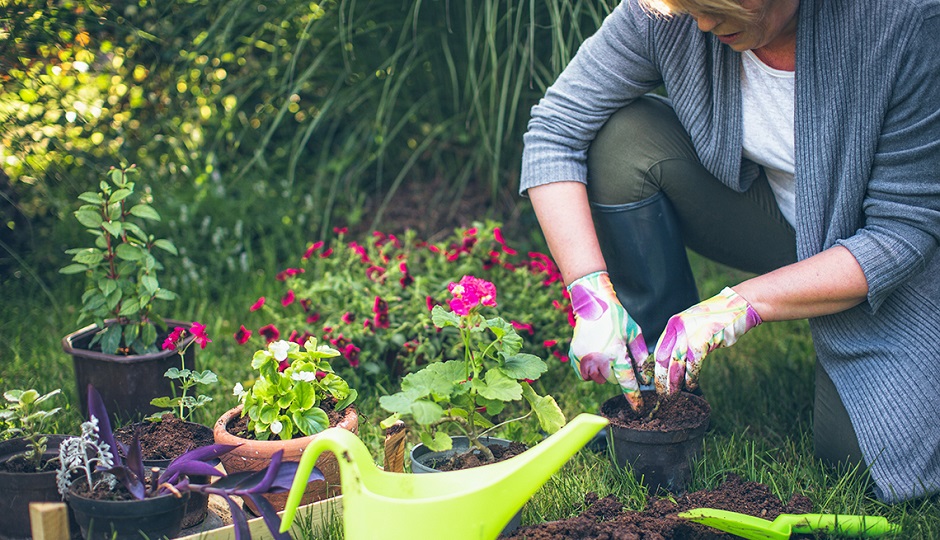Once you decide to plant a vegetable garden, you have many plants to choose from. Which ones are best? One way make your choices is in favor of those plants that will directly help your health. Here are some tips to go by.
All vegetables–especially leafy greens–are packed with micro-nutrients and also contain a lot of fiber. In order to get these when they are fresh and are organically grown is enough reason to plant a garden. Increasing the amount of these in your diet will improve your health.
But there are some vegetables that have an additional value in removing toxins from your digestive system. These are known as the cruciferous vegetables, and include kale, bok choy, broccoli, cauliflower, cabbage and brussel sprouts. All of these are easily grown in a home garden.
Additionally, there are herbs which scientific studies have shown contain ingredients that are helpful. Garlic, salvia and angelica are said to help lower blood pressure, relieve heart disease symptoms and lower LDL (bad) cholesterol.
Thermogenic herbs are ones that speed up your metabolism. One you can likely find in your own yard is the dandelion. Dandelion tea can be brewed for this purpose, to help in weight loss.
Stevia is an excellent substitute for sugar. It has no calories and none of the bad effects of sugar, yet adds sweetness to your diet. You can grow and harvest stevia plants yourself. You may find it easier to just buy stevia extract from a store in powdered form. But having a few of these plants allows you to pick some leaves to add to iced tea, just as you would with mint. Speaking of mint, it has value in reducing intestinal gas.
Beans and legumes provide a good source of non-animal protein. They are low in fat, and help stabilize blood sugar due to their high fiber content. Many types of beans and legumes can be grown in your own garden.
Onions are highly recommended as a health food and are easily grown in your garden. Buy onion sets in the spring and plant them early. Onions provide carotenoids, B and C vitamins, and necessary minerals.
Dark leafy vegetables such as mustard greens, collards, spinach and kale are great sources of phosphorous, calcium, iron and carotenoids–all elements essential to good health.
Carrots also have carotenoids, as well as iodine. They have been shown to lower cholesterol and the risk of lung cancer. They are also a natural source of sugar that is safe for diabetics.
Winter squash such as acorn, butternut and buttercup, also provide natural sweetness plus nutrients such as potassium and calcium. They can be grown from seedlings, and can thrive in your backyard garden. Save some seeds from this year’s crop, and plant them indoors next spring to produce your own seedlings.
Garlic is easy to grow. It contains allicin, which helps lower your LDL cholesterol. Garlic adds flavor to your food, and is also a natural antibiotic.
Now that you know how much your garden vegetables can do for your health, you know how worthwhile it is to do the work of planting, weeding and cultivating. Gardening is indeed an effort that pays off in many ways.





